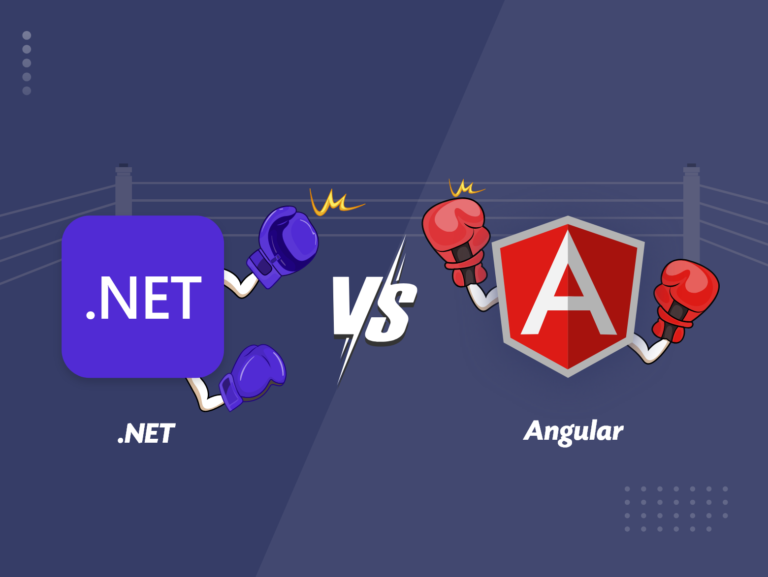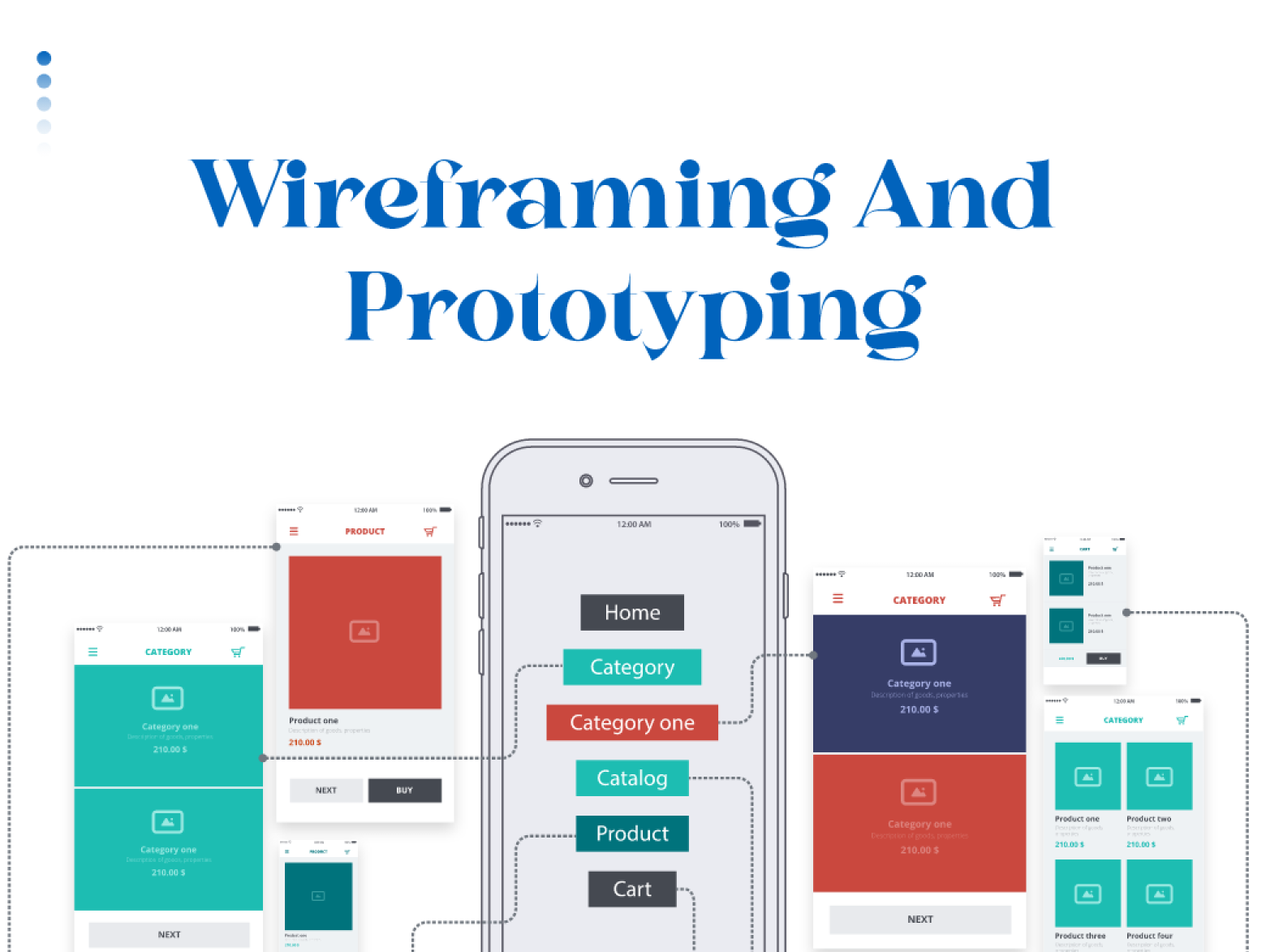Angular Vs .NET | Web App Development Frameworks
Angular Vs .NET Discover their key features, advantages, and disadvantages, and find the framework that best suits your unique needs and preferences in Web App Development. Web development frameworks have become increasingly important for today’s businesses due to several reasons.
The Importance of Web App Development Frameworks for Today’s Business
Firstly:
Frameworks provide a standardized and structured approach to building web applications, which ensures that developers can work more efficiently and collaboratively. This, in turn, leads to faster development times, lower development costs, and a better end product.
Secondly:
Web development frameworks offer a range of features and tools that allow developers to create more sophisticated and complex web applications. Frameworks often come with pre-built components, libraries, and modules that can be used to streamline development, reduce errors, and ensure a consistent user experience.
Thirdly:
Frameworks provide a level of security and scalability that is essential for modern businesses. With the rise of cyber threats and data breaches, businesses need to ensure that their web applications are secure and can handle high traffic volumes without crashing or slowing down. Web development frameworks offer built-in security features and scalability options that can help businesses meet these requirements.
The .NET Framework: A Comprehensive and Consistent Platform for Building Applications on Microsoft Windows Operating Systems

The .NET Framework is a popular and widely-used software development platform that provides a comprehensive and consistent programming model for building applications on Microsoft Windows operating systems. It is a free, open-source framework that supports the creation of a variety of applications, including desktop, web, mobile, gaming, and IoT. The .NET Framework also provides a vast library of pre-built functions and tools that simplify and accelerate the application development process. It is a versatile and powerful platform that enables developers to create high-performance and reliable applications for a wide range of use cases.
Essential Components of the .Net Framework
- Common Language Runtime (CLR): This is the foundation of .NET and is responsible for executing the code in various .NET languages such as C#, VB.NET, F#, etc. The CLR provides features like memory management, exception handling, security, and other runtime services.
- Class Library: The .NET Class Library collects reusable classes, interfaces, and value types used to develop applications. The Class Library provides a wide range of functionality, including file I/O, networking, database access, and user interface development.
- ASP.NET: ASP.NET is a web application framework for building dynamic web applications and services. It provides a set of libraries, controls, and tools to develop, test, and deploy web applications.
- Language compilers: .NET includes compilers for programming languages such as C#, VB.NET, and F#. These compilers translate the code in these languages into Intermediate Language (IL) code that the CLR can execute.
- Visual Studio: Visual Studio is an integrated development environment (IDE) for developing .NET applications. It provides rich tools and features for coding, debugging, testing, and deploying applications.
Angular: A Feature-rich and Efficient Open-Source Web App Development Framework
Angular is a popular open-source web application development framework that Google initially developed. It is a TypeScript-based framework that follows the Model-View-Controller (MVC) architecture and provides robust features for building complex and dynamic web applications. In addition, with its focus on speed and efficiency, Angular offers a range of tools and libraries that simplify the development process and improve developer productivity.
Key Features of the Angular Framework:
- Modules: An Angular application has a root module that is the bootstrapping mechanism for launching the app.
- Components: A self-contained unit of code and data bundled together as a single unit to execute an application. A component generally refers to a user interface section (UI).
- Templates: The template for the Angular app uses HTML and Angular markup to modify web page elements before they are displayed.
- Metadata: The metadata tells Angular how to handle a class. It is used to decorate the class to control its expected behaviours.
- Services: Service classes share data or logic that isn’t linked with the view but needs to be shared across components.
- Dependency Injection: It is a mechanism that lets you keep your component classes short and to the point.
- Choosing Between Angular and .Net: Finding the Right Framework for Your Needs.
Choosing Between Angular Vs .Net: Right Framework for Your App Development
The .NET Framework and Angular are powerful software development platforms offering a range of features and tools for building robust and dynamic applications. The .NET Framework is a comprehensive and consistent platform that supports various application types. At the same time, Angular is a popular web application development framework that follows the MVC architecture and focuses on speed and efficiency. Furthermore, both platforms are open-source and offer pre-built libraries and functions that accelerate development and improve developer productivity. As a result, developers widely used and trust these frameworks, making them an essential tool for building modern applications.
Click For Mobile App Development









